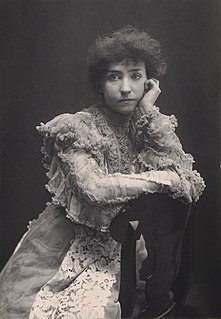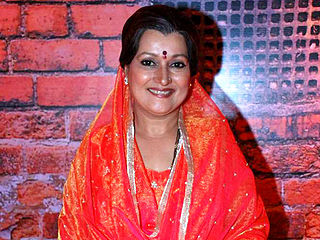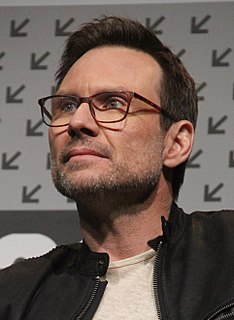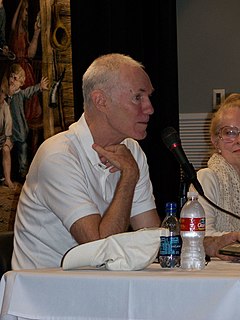A Quote by William Shakespeare
As in a theatre, the eyes of men, after a well-graced actor leaves the stage, are idly bent on him that enters next.
Related Quotes
It is in the irony of things that the theatre should be the most dangerous place for the actor. But, then, after all, the world is the worst possible place, the most corrupting place, for the human soul. And just as there is no escape from the world, which follows us into the very heart of the desert, so the actor cannot escape the theatre. And the actor who is a dreamer need not. All of us can only strive to remain uncontaminated. In the world we must be unworldly, in the theatre the actor must be untheatrical.
The whole of education should be designed so as to occupy a boy's free time in cultivation of his body. He has no right to loaf about idly; but after his day's work is done, he ought to harden his young body, so that life may not find him soft when he enters it. No one should be allowed to sin at the expense of posterity, that is, of the race.
Being an actor in TV or movies is different. A film or TV actor, if put in theatre, won't know certain dimensions, while a theatre actor won't know certain things when he comes before the camera. So I think a film actor can learn emoting from this theatre counterpart, while the theatre actor can learn about camera techniques from the film actor.
After all, the world is not a stage-not to me: nor a theatre: nor a show-house of any sort. And art, especially novels, are not little theatres where the reader sits aloft and watches...and sighs, commiserates, condones and smiles. That's what you want a book to be: because it leaves you so safe and superior, with your two-dollar ticket to the show. And that's what my books are not and never will be...Whoever reads me will be in the thick of the scrimmage, and if he doesn't like it if he wants a safe seat in the audience-let him read someone else.
They seldom looked happy. They passed one another without a word in the elevator, like silent shades in hell, hell-bent on their next look from a handsome stranger. Their next rush from a popper. The next song that turned their bones to jelly and left them all on the dance floor with heads back, eyes nearly closed, in the ecstasy of saints receiving the stigmata.






































